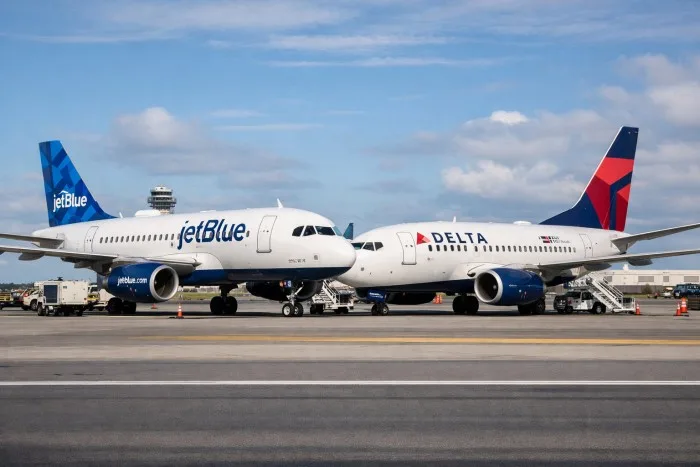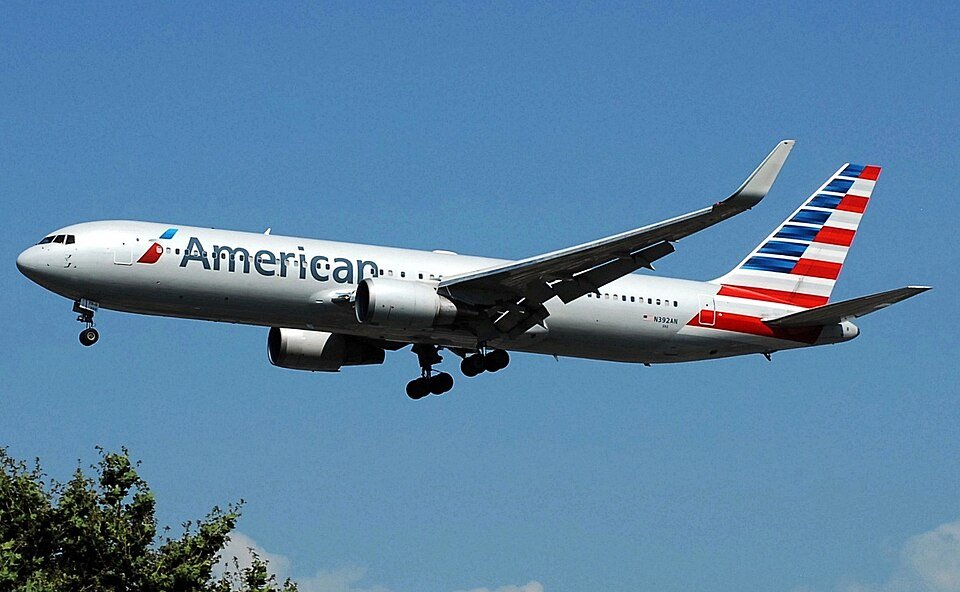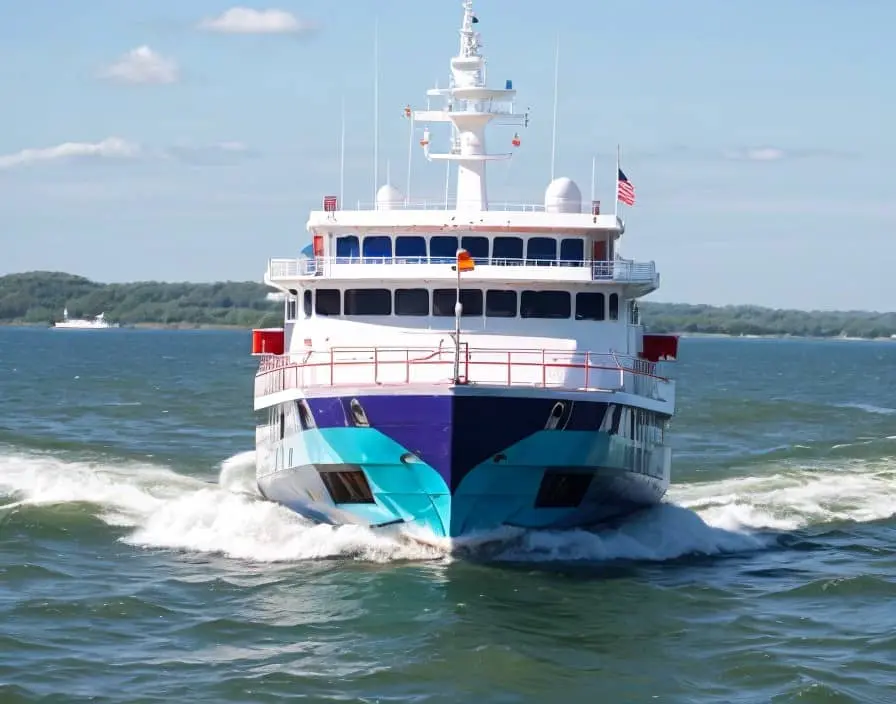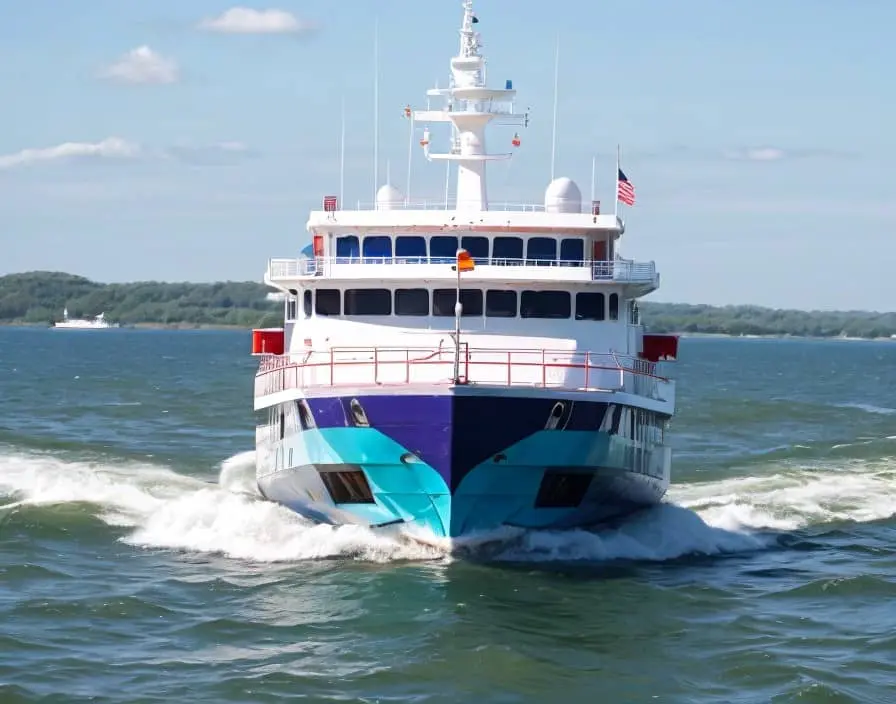B.C. Ferries Secures $1B Federal Loan for Ships Built in China
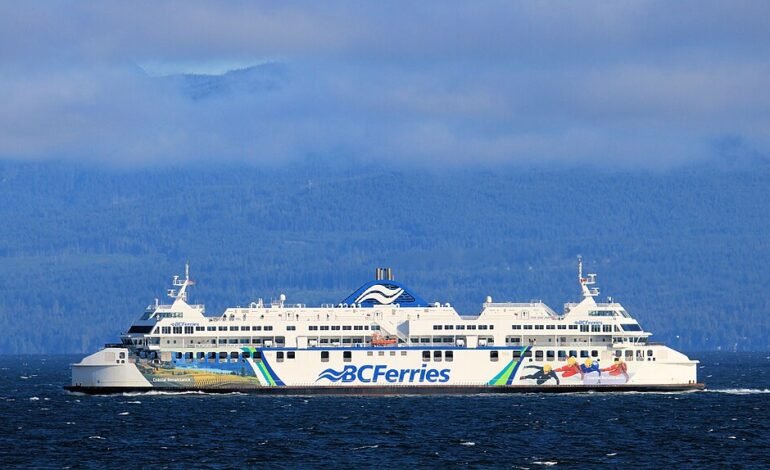
B.C. Ferries has secured a $1 billion loan from a federal Crown corporation to help purchase four Chinese-made ships, despite federal Transport Minister Chrystia Freeland’s recent statement that the purchase should not involve federal funds. In a June 16 letter to B.C. Transportation Minister Mike Farnworth, Freeland expressed dismay about the selection of China Merchants Industry Weihai Shipyards. She also asked the province to confirm “with utmost certainty that no federal funding will be diverted to support the acquisition” of new ferries from the Chinese state-owned shipyard.
On Thursday, the Canada Infrastructure Bank confirmed the loan and stated that the province’s new electric ferries “wouldn’t likely be purchased” without the financing. B.C. Premier David Eby stated that B.C. Ferries underwent a five-year procurement process and emphasized that the vessels were “desperately needed.”
B.C. Premier David Eby stressed the urgent need to replace aging ferries, noting, “Anyone who sat on the tarmac waiting for a ferry because the propeller fell off knows that we need to replace these boats.” He highlighted their economic importance, explaining that ferries enable businesses to access markets and help people travel, supporting Canada’s economy.
B.C. Ferries CEO Nicolas Jimenez expressed surprise and disappointment at federal Transport Minister Chrystia Freeland’s letter about the ferry purchase, telling The Canadian Press, “I would have expected more engagement and dialogue” from Ottawa. Speaking to CBC’s On the Island on Thursday, Jimenez pointed out that the province hasn’t built a large ship in 30 years, suggesting external procurement is necessary. He emphasized pragmatism, stating, “You’ve got to meet the world where it is, not where you want it to be in this very moment.”
Loan will also support electrification infrastructure
B.C. Ferries secured a loan of up to $1 billion from the bank, comprising up to $690 million for purchasing new vessels and up to $310 million to support electrification infrastructure. Jeff Groot, the company’s executive director of communications, noted that the loan was signed before the Chinese shipyard was confirmed as the contract winner and prior to Transport Minister Chrystia Freeland’s letter to B.C. Transportation Minister Mike Farnworth.
Groot described the loan as a “game-changing financial arrangement” that enables significant investment in fleet renewal, though he could not disclose its full size due to “commercial realities.” He confirmed it will cover a “substantial” portion of the deal.
The vessel portion of the loan will account for a maximum of 42.5% of the total purchase price. If the full $690 million is used for the vessels, this implies a minimum total cost of approximately $1.6 billion for the ferries. However, Groot clarified that this figure is “not representative” of the actual cost and emphasized flexibility to redirect unspent vessel funds to electrification infrastructure costs.
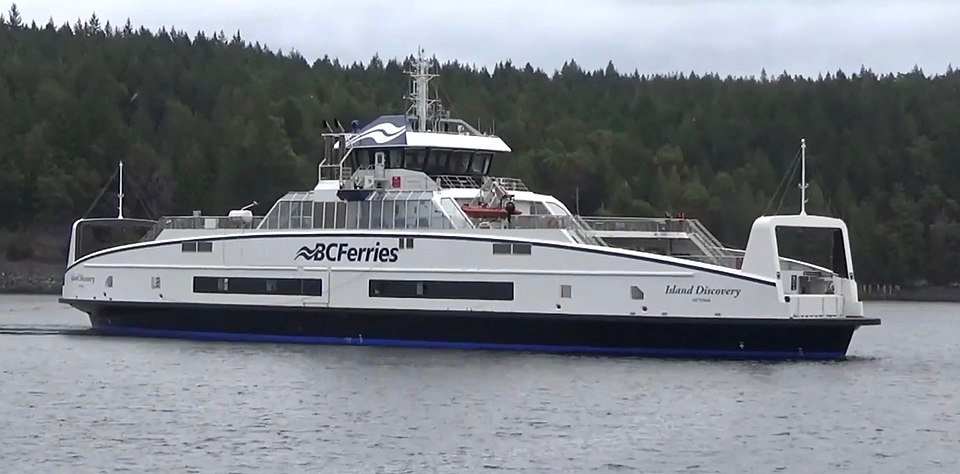
$650 million in savings on interest
B.C. Ferries could save up to $650 million in interest charges by fully utilizing a loan from the Canada Infrastructure Bank, a federal entity offering favorable financing terms. According to CEO Nicolas Jimenez, this potential savings is a game-changer for the organization. “If we fully exercise the loan, we’d be saving about $650 million in interest charges we would otherwise have to pay if we got these loans at market rates,” Jimenez explained on Thursday. He also noted that the loan is a “deal maker” for B.C. Ferries and its customers, enabling critical investments such as new ships. However, he emphasized that it’s not possible to “reverse engineer” the cost of the ships from the loan amounts, suggesting the financing structure is complex.
The loan has sparked broader discussions about equity in federal support for ferry services across Canada. B.C. Premier David Eby highlighted a significant disparity, stating that East Coast ferries receive “$300 of federal support for every $1” that B.C. Ferries gets per user. This claim points to a stark imbalance in how federal resources are distributed between regions, raising questions about fairness.
The Canada Infrastructure Bank, which provided the loan, reports to Parliament through Gregor Robertson, the federal Minister of Housing, Infrastructure and Communities and former Vancouver mayor. Mohammad Hussain, a spokesperson for Robertson’s office, confirmed that the minister has requested a briefing from the bank’s CEO to explore “the kind of considerations this decision raises.” This suggests the federal government is taking a closer look at the loan’s implications amid the ongoing debate over equitable support for Canada’s ferry systems.
Hussain described B.C. Ferries’ procurement decision as “highly disappointing.”
He emphasized the bank’s commitment to supporting essential community infrastructure projects.
“Although our government had no role or influence in this procurement decision, we will continue to stress the importance of bolstering domestic industry,” he stated.
B.C. Conservative transportation critic Harman Bhangu urged Freeland in a statement to “urgently” review the loan terms to safeguard Canadian jobs, businesses, and security interests.
Image Credits- BC Ferry


